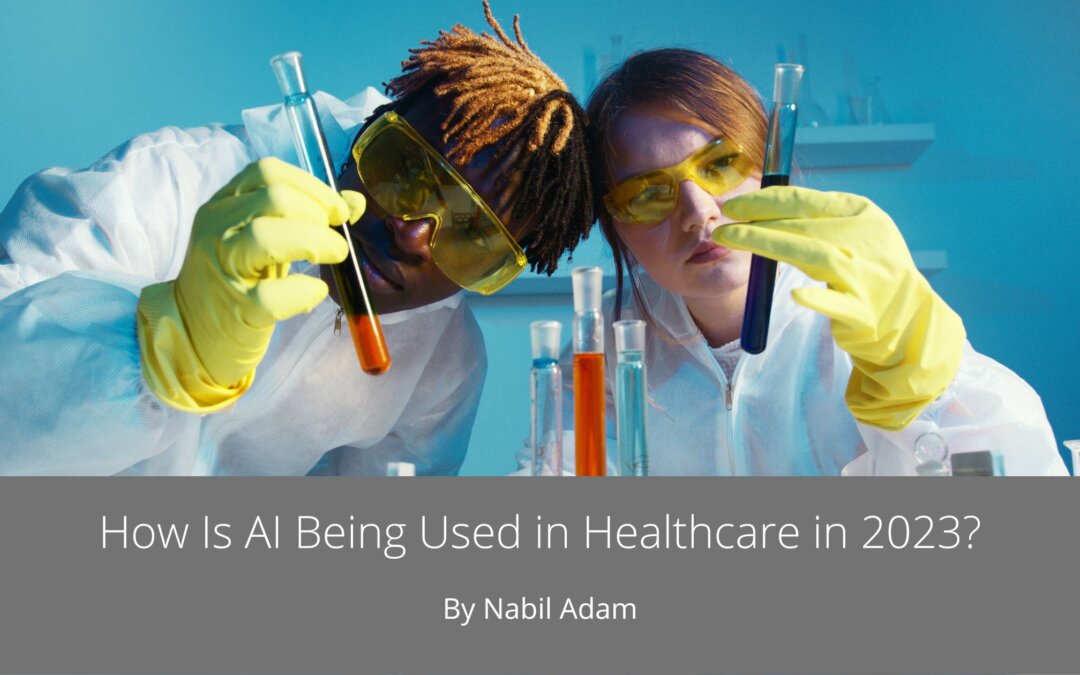Artificial intelligence (AI) continues to transform the healthcare industry. In 2023, AI will be used in healthcare in various ways, from improving patient outcomes to streamlining administrative processes.
One of the primary ways AI is being used in healthcare is to help doctors diagnose and treat patients. AI-powered diagnostic tools can analyze large amounts of data, including medical histories, lab results, and imaging scans, to identify patterns and make predictions. For example, AI algorithms can analyze mammograms to detect early signs of breast cancer or review EKG readings to determine irregular heart rhythms.
In addition to aiding in diagnosis, AI is also used to develop personalized patient treatment plans. By analyzing patient data, AI algorithms can identify the most effective treatments for a condition based on age, gender, medical history, and genetic makeup. This can lead to better outcomes and fewer adverse effects from treatments that may not be effective for a particular patient.
Another area where AI is making a significant impact in healthcare is drug development. AI-powered algorithms are used to analyze vast amounts of data to identify potential new drug candidates and predict their efficacy and safety. This can speed up the drug development process and reduce costs, ultimately leading to the development of more effective treatments for a variety of conditions.
AI is also used to improve patient engagement and adherence to treatment plans. Chatbots and virtual assistants can be programmed to answer patient questions and provide reminders about medications and appointments. These tools can also collect patient data and relay it to healthcare providers, allowing them to monitor patient progress and adjust their treatment plans as necessary.
In addition to improving patient outcomes, AI is also being used to streamline administrative processes in healthcare. AI-powered tools can automate scheduling appointments, processing insurance claims, and managing patient records, freeing healthcare professionals to focus on patient care. This can improve efficiency and reduce costs, improving patient healthcare outcomes.
Despite the many benefits of AI in healthcare, some potential risks and challenges need to be addressed. One concern is the potential for bias in AI algorithms, which could lead to unequal healthcare outcomes for specific populations. There is also a need for robust data privacy and security measures to protect patient information.
To maximize the benefits of AI in healthcare while minimizing the risks, healthcare providers and policymakers need to work together to develop ethical and transparent guidelines for using AI. This includes ensuring that AI algorithms are acceptable and explainable and that patients are fully informed about their data use.
AI will be used in healthcare in various ways in 2023, from improving patient outcomes to streamlining administrative processes. While there are potential risks and challenges associated with using AI in healthcare, the benefits are significant. With careful planning and implementation, AI can transform healthcare for the better.

